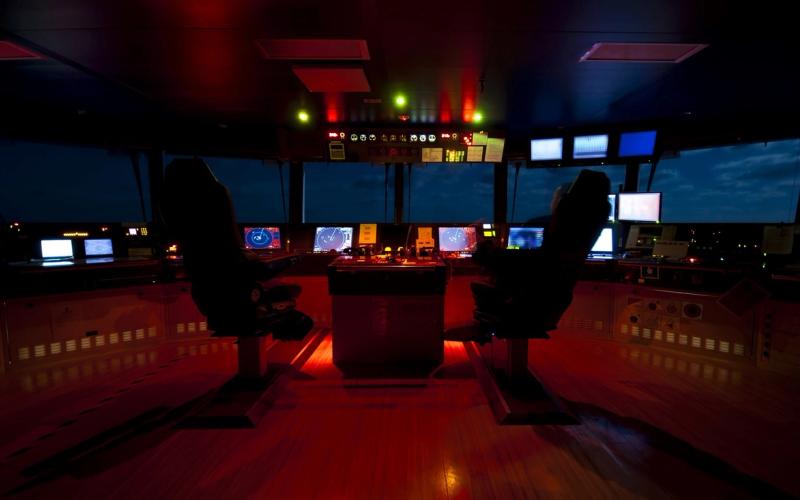Best Practice - Machine Learning for Ship Autonomy Classroom and practice
The course will provide a general introduction to ML applications from various domains, from automotive to the maritime industry. Data driven methods and analysis will be...
The course will provide a general introduction to ML applications from various domains, from automotive to the maritime industry. Data driven methods and analysis will be introduced. Students will learn ML methods, including neural networks, reinforcement learning and deep learning. Practical examples based on our past projects in machine learning will be provided.
By completing this course the student will:
- Have knowledge of how machine learning methods are developed and applied to optimize operations
- Have nowledge of data collection, data analysis, modelling and optimization.
- Obtain a good understanding of machine learning methods and their pros and cons;
- Know how to deal with data, formulate the problem, generate surrogate model and use ML methods;
- Be able to design and implement their own algorithms using machine learning toolboxs;
Duraiton
The course is given during two weeks, and is organized with lectures on background topics and an introduction of case studies. The case study will then be solved individually or in groups and documented in a project report. The total workload for the course is expected to be 2 weeks including independent research and literature survey supporting the project work. Grading will be based on the project report, and will assess the candidate(s) ability to interpret, familiarize, reflect and apply the course topics.
Mandatory exercises must be approved before admission to the examination.
Audience
Personnel employed in technical, engineering, development, R&D and similar departments
